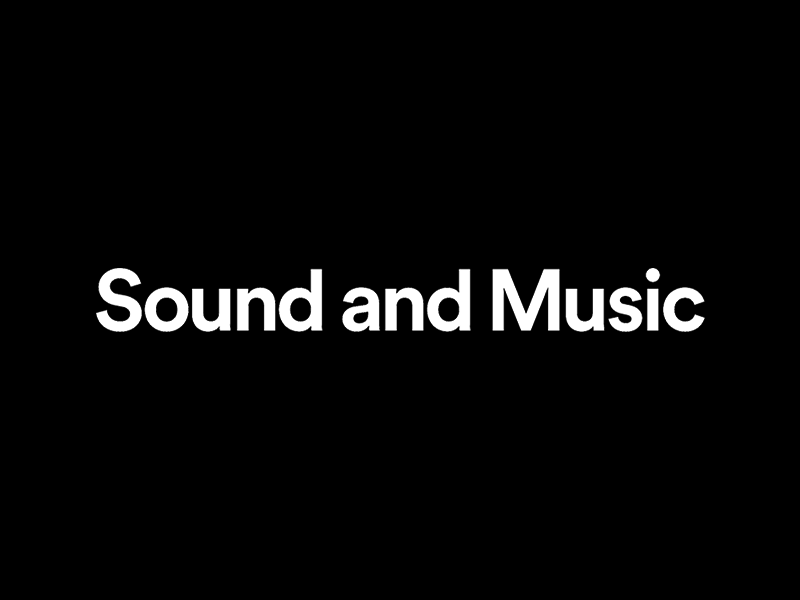The Loyola Marymount University Department of Music Presents:
New Music on the Bluff 21
Call for Scores
Students currently enrolled in either high school/secondary education or in a two-year undergraduate degree program are invited to submit one or more scores for Loyola Marymount University’s New Music on the Bluff 21, a new music festival to be held virtually on Saturday, April 17th, 2021. Applications are due electronically January 31st, 2021, at 11:59 pm Pacific time.
Eight applicants will be selected to have a piece performed in a live online concert April 17th. The concert will be broadcast on the internet and on LMU’s radio station, KXLU (Los Angeles). The eight selected finalists will also receive individual private composition lessons with festival faculty. The finalists, as well as all applicants, will be invited to two private master classes on Zoom with festival faculty, where faculty will review and discuss selected student pieces, as well as a one-hour session with faculty guitarist Martha Masters discussing writing for guitar.
The master classes will be conducted by Eric Nathan, Assistant Professor of Music at Brown University, and Nina C. Young, Assistant Professor of Composition at the University of Southern California. The individual composition lessons will be given by Eric Nathan, Nina C. Young, David S. Carter, Assistant Professor of Music at Loyola Marymount University, and Tomás Gueglio, Lecturer at Northwestern University.
The finalists’ pieces will be performed by LMU faculty, including potentially Martha Masters (guitar), Wojciech Kocyan (piano), Ken Aiso (violin), Valeria Morgovskaya (piano), Rik Noyce (flute), Marisa De Silva (soprano), and Aaron Smith (percussion). The exact performer lineup will depend on which pieces are selected. Finalists will have an opportunity to meet online with their performer(s) on a day prior to the performance to give and receive feedback.
Specifications for pieces:
- Out of the eight finalists, five pieces for live performers will be selected; three pieces for fixed media (electroacoustic or electronic) will be selected.
- Pieces for live performers may be scored for any of the following:
- Violin and piano.
- Classical guitar solo.
- Piano solo.
- Violin solo.
- Soprano solo.
- Flute solo.
- Percussion solo (see below regarding specific available instruments).
- Pieces should be between three and 10 minutes long.
- Pieces for live performers may include an electroacoustic/electronic element if the setup for the performer is relatively simple.
- Pieces are not limited by genre or style.
To apply:
- Complete the application form: https://forms.gle/ngLKadTRtPCEX82q6
- If your piece is for live performers, the application form will ask you to either upload or provide a link to your score and, optionally, a link to a recording or MIDI rendition of it. If you are submitting a piece for violin and piano, please include a copy of the violin part in the same PDF as your score. Make sure that any links you provide will remain available to the judges for the duration of the judging period.
- If your piece is for fixed media (electroacoustic or electronic), the application form will ask you to provide a link to the audio.
- You may submit any number of pieces, but you must complete a separate application form for each piece. There is no application fee.
Notes:
- All applicants (whether selected as one of the eight finalists or not) will be invited to attend the two private master classes on Zoom and the session with Martha Masters on writing for guitar. They will also have a Zoom meet & greet with David S. Carter and other LMU faculty. Members of this larger group of participants will have the opportunity to submit questions for the master class faculty and Martha Masters in a Q&A.
- The master class led by Eric Nathan will address works for live instruments. The master class led by Nina C. Young will address electroacoustic and electronic works or works that otherwise involve music technology.
- Submit any questions to newmusiconthebluff@lmu.edu.
Available percussion instruments:
Applicants submitting a piece for solo percussion may write for solo vibraphone, solo timpani (4 drums, with pedals: 32”, 29”, 26”, 23”), or multiple percussion with no more than 8 of the following instruments (include setup map):
- Bongos
- Conga
- Snare drum
- Piccolo snare drum
- Toms (no more than 4)
- Pedal bass drum
- Small bass drum
- Temple blocks
- Wood blocks (no more than 3)
- Log drums (no more than 2)
- Triangle
- Small to medium tam-tam (no more than 2)
- Suspended cymbals (no more than 2)
- China-type cymbal
- Cowbells (no more than 2)
- Bell plates (no more than 2)
- Glockenspiel
- 1 or 2 small, hand-held instruments (e.g., claves, shaker, etc.)
If you have questions about other possible instruments, contact Aaron Smith: aaron.smith@lmu.edu
About Loyola Marymount University:
Founded in 1911, LMU is a top-ranked university rooted in the Jesuit and Marymount traditions. We are committed to fostering a diverse academic community rich in opportunity for intellectual engagement and real-world experience. We enroll an academically ambitious, multicultural, and socioeconomically diverse student body. We recruit, retain, and support a diverse faculty committed to excellence in teaching, research, scholarship, and creativity. Our three campuses are rooted in the heart of Los Angeles, a global capital for arts and entertainment, innovation and technology, business, and entrepreneurship.



